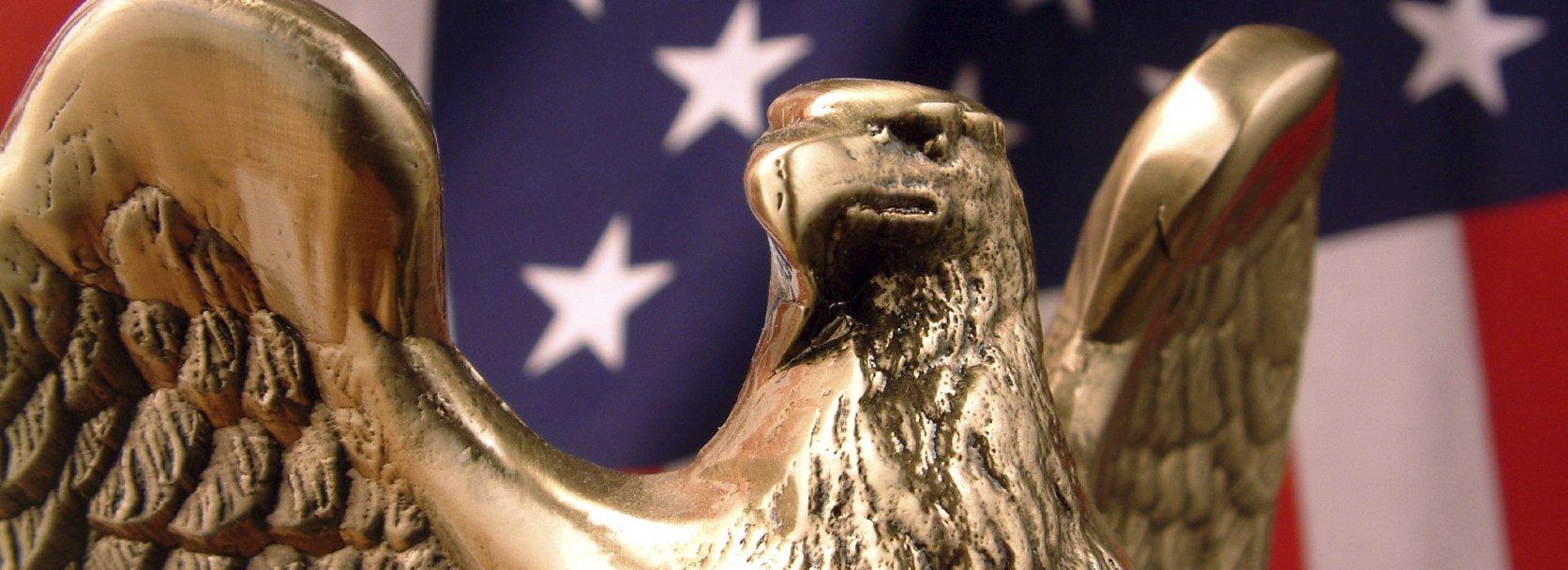As you develop a greater awareness of the interplay of your thoughts and emotions, you will find that you have a leg up on your peers. Practicing mindfulness actually helps to make you a better leader, and modeling mindfulness for the rest of your co-workers helps to make your corporate culture a more positive and productive one. While the recommended approach to practicing mindfulness has been to engage in a mindfulness meditation for 10 to 20 minutes a day, this serves well as an introduction. To take your mindfulness practice to another level, engaging in two twenty-minute meditation sessions daily is ideal. A mindful approach to leadership will enhance your mental toughness, increase your ability to focus selectively on that which you need to focus on, improve your capacity to feel compassion, and loosen the constraints we naturally place upon ourselves that inhibit our creativity. When studying these aspects of mindful leadership, it is important to remember that each concept overlaps and builds upon all the other concepts.
Mental Resilience
The United States Military Academy at West Point has recently developed a mindfulness approach to leadership training that focuses on enhancing mental resilience. The West Point model posits that the world has become increasingly volatile, uncertain, chaotic, and ambiguous (VUCA). Mental resilience is required in order to navigate a world marked by VUCA, but what is mental resilience and how can one develop it? Mental resilience is that quality which allows a leader to weather adversity, adapt to stressful situations, and recover. Mental resilience is mental toughness.
Focus
While mindfulness is helpful in focusing your attention in a neutral and accepting fashion, as a leader, you will constantly find yourself having to decide upon what to focus. Understanding the goals and values of your company and your shared mission is a vital step towards prioritizing your focus. Familiarizing yourself with a company mission statement can help in this regard. Another helpful approach is to compose a personal mission statement, which focuses on your personal values, and a professional mission statement, which focuses on your leadership goals and values within the company. Familiarity with what is important to you and to your company can provide key insights as to which way to prioritize your focus.
Compassion
Developing a genuine sense of compassion for other people is a great side effect of a continuous practice of mindfulness. Compassion means that you try in good faith to understand where another person is coming from and the peculiar challenges that they have to face. Having compassion for others when you’re in a leadership position is vital for building sustainable support networks. One helpful approach to leading others is to imagine your thought processes as transparent to everyone. When you do this, you become much more aware of negativity and instances where you are not being as fair and understanding as you can be. With a greater capacity for mindfulness, you can intervene when your thoughts veer into the negative, and reassess situations and people from a more neutral and accepting standpoint.
Creativity
The flexibility and adaptability that come with a practice of mindfulness are exceptionally helpful in being creative. Being a creative leader also means that you provide an environment where creativity is rewarded. Too rigid an approach to rules and regulations can stifle creative thinking, which requires the same openness and neutrality that you strive for in practicing mindfulness. In a stifled environment, the status quo tends to dominate, and the phenomenon of groupthink blinds you to your shortcomings. One approach to increasing your own, and your team’s, creativity is to schedule times for play as a group. Keep in mind that this is play with a purpose – to help recharge the creative juices and allow them to flow.
Interested in mastering this topic? This post is part of July’s focus on Improving Mindfulness, which is also a featured course in our Executive Mini-MBA program online, brought to you from Harvard Square. Elevate your skills—enroll now!





